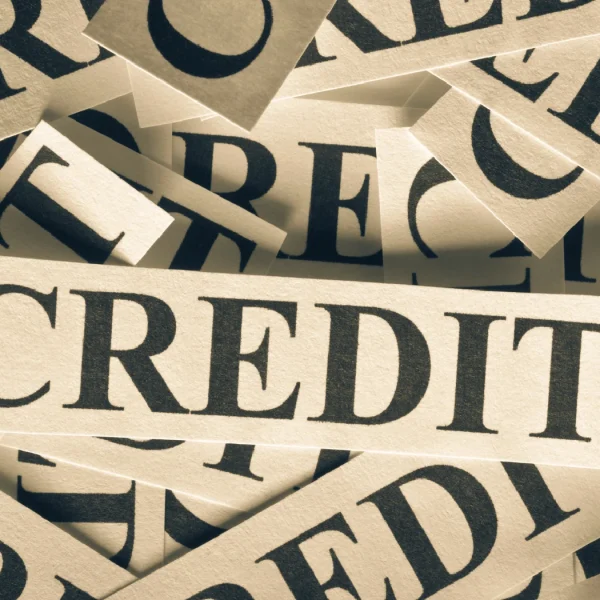
There is a good percentage of new clients that I work with on a daily basis who are already determined to accompany them in buying a house, that is where the big question appears: “Have you checked your credit yet?
Learn with me the importance of checking your credit when starting to buy a house:
It’s always a good idea to regularly review your credit reports and scores, even if you’re still years away from shopping for a home and a mortgage. But if you’re thinking about buying a home this year, we recommend that you check your credit reports and scores as soon as possible.
For a start
A credit report contains information about your credit, including the status of your accounts and your payment history. Lenders use these reports to decide whether to lend you money and at what interest rate. These reports are compiled by credit reporting agencies, which are also known as credit reporting companies or credit bureaus. On the other hand, credit scores are calculated using a mathematical formula, known as a scoring model, that companies and lenders use to predict the chances that you will repay a loan on time. Your credit scores are calculated from the information in your credit report.
Here are steps to get, review, and understand your credit reports.
-
Order your free credit reports online or by phone
There are three main credit reporting companies; Equifax, Experian, and TransUnion. Each of them maintains its own reports. You have the right to get one free copy of your credit report each year from each of these three companies, you can order them at www.annualcreditreport.com or you can call 1-877-322-8228.
-
Check your credit report
Once you get your credit report, you’ll want to review it carefully. It is not enough to request it, you must read it. Credit reports can show errors, and if there are, you are the only one who will be able to find them. This incorrect information may appear in the report because the credit bureaus have processed information in the wrong way, or because the lenders or collectors sent them inaccurate information, it may also happen that the information previously reported has not been updated by the credit bureaus. credit. Incorrect information can also be the result of fraud, such as when someone uses her identity to open accounts or take on debt in her name without your knowledge. You have to verify that there are no errors or fraudulent activity on your credit report.
-
Report any bugs, fraudulent activity, or outdated information
If you find errors or fraudulent activity on your credit report, you have the right to dispute information that is inaccurate or incomplete. Keep in mind that finding information that is inaccurate and incomplete is different than finding information that is negative but accurate and complete. Both types can lower your credit score, but a credit reporting company will only correct information that is inaccurate, incomplete, or out of date.
If you have a low credit score…
Borrowers with credit scores in the mid-600 or lower range typically pay the highest interest rates while having fewer options. These borrowers may have a difficult time qualifying for a loan, depending of course on the type of loan and each specific lender. If your credit score is in this range, you may need to talk to a housing counselor and explore your loan options so you can decide if you want to proceed now or work on improving your credit before applying for a mortgage.
If you are looking to improve your credit, be on the lookout for anyone who approaches you claiming that they can remove accurate and up-to-date negative information from your credit report. It may be a scam.
Important
Don’t apply for more credit than you absolutely need. If you can, avoid applying for new accounts or adding significantly to the amount of your debt. Your credit score may go down if you apply to open a lot of new accounts or if you have a lot more debt. However, self-requests of your credit reports will not hurt your score. Likewise, when you shop around for a mortgage from various lenders, those extra credit checks won’t hurt you either, as long as they occur within about a 45-day period of time.
Remember that all consumers have the right to shop for the mortgage that best suits their unique financial situation regardless of their credit score. Reviewing your credit history, correcting any errors, and knowing your credit score will put you in the best possible position to obtain a mortgage.

